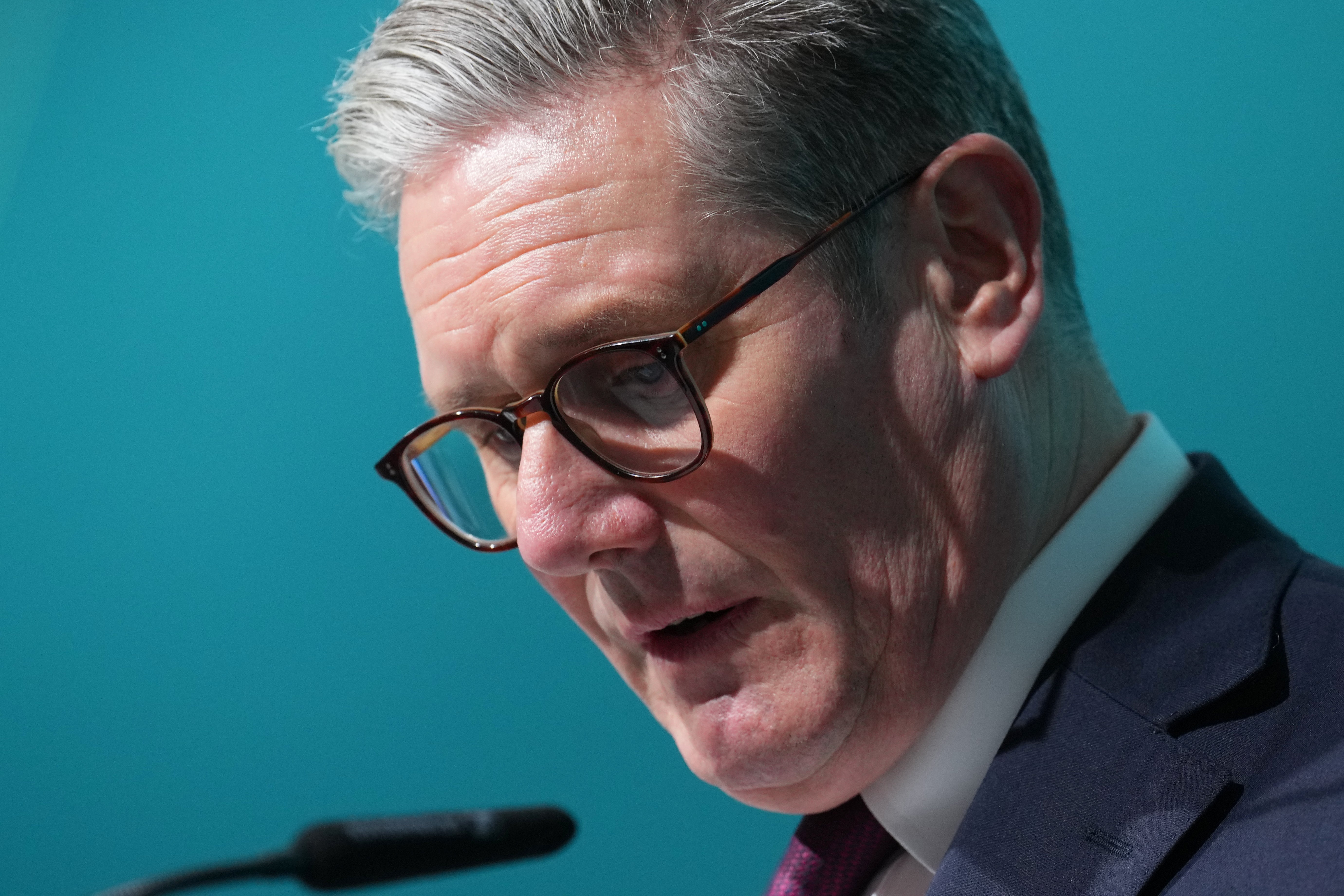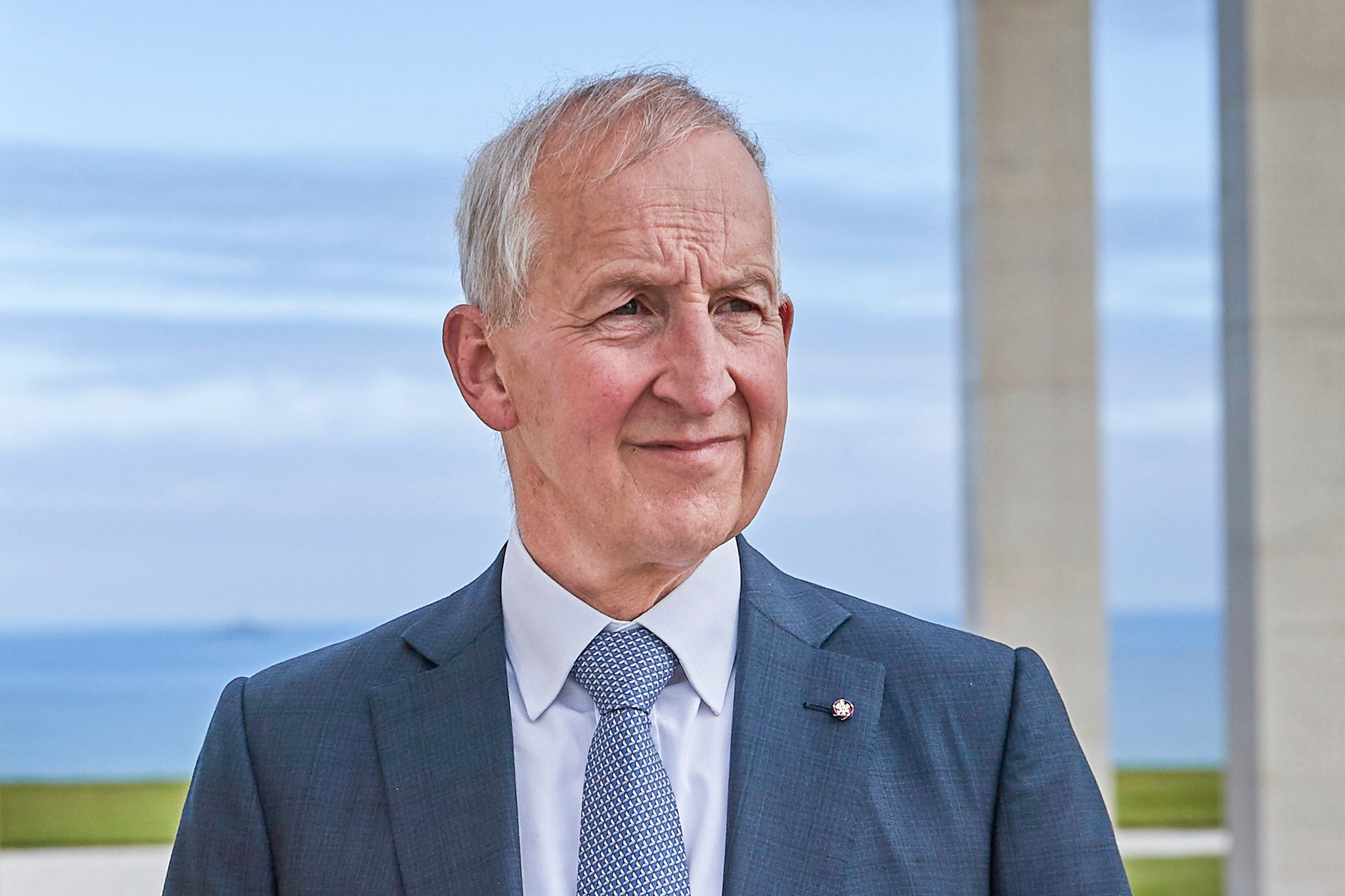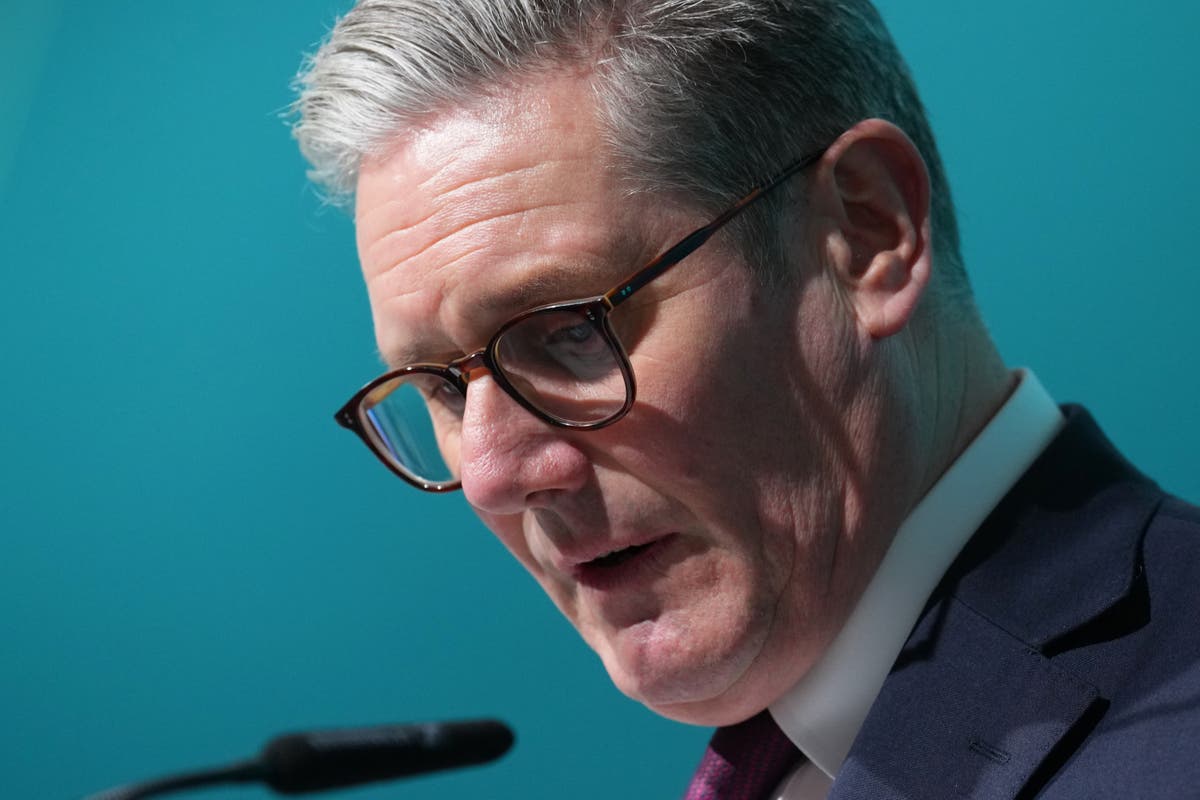Keir Starmer has been urged to step up his plans for a post-Brexit reset of relations with the European Union after an unprecedented warning from the Bank of England.
In a speech to leading business figures, the Bank’s governor said that Britain must “rebuild” a closer trading relationship with the European Union after our exit from the bloc damaged exports.
The effects of Brexit had “weighed” on the economy, Andrew Bailey added, just hours before the latest figures showed the economy flatlining in the months after Labour came to power.
In the wake of the governor’s warning, the UK’s former national security adviser Lord Ricketts warned that “momentum” could be lost.
Lord Ricketts, who is also the chair of the Lords European Affairs Committee but told The Independent he was speaking in a personal capacity, said: “I’m picking up from my European friends that they’ve appreciated the new government’s efforts to warm up the tone and rebuild personal contacts. But they are beginning to be impatient for substance.
“Once the new (European) Commission is formed it will be important that the government has more detail to offer on what they want from the reset, otherwise the momentum will be lost.”

Naomi Smith, chief executive of pro-EU campaign group Best for Britain said: “With figures today showing sclerotic economic growth and the Governor of the Bank of England unequivocally pointing the finger at Brexit, we must expedite the relationship reset with our European allies whose priorities are already quickly changing following the US election.
“We know the EU is eager to agree a Youth Mobility Scheme and greater defence cooperation, our government should now make clear what they want out of the relationship reset with beneficial regulatory alignment being the best way to remove Brexit trade barriers which continue to hamper growth.”
Sir Keir has promised to fix Britain’s damaged relationship with the EU for the benefit of “generations to come” and has scored some successes – including a landmark defence deal with Germany.
But he has faced accusations that his plans are too vague and lack ambition, especially after he rejected Brussels’s offer of a deal on free movement for young people.

Mr Bailey was speaking alongside the chancellor at the annual Mansion House dinner in the City of London.
He said he took “no position on Brexit per se”, but added: “I do have to point out the consequences”.
“The impact on trade seems to be more in goods than services,” he said. “But it underlines why we must be alert to and welcome opportunities to rebuild relations while respecting the decision of the British people.”
A Downing Street spokesperson said: “The prime minister has spoken before about his determination to reset our relationship with our European partners, and you can see that from the PM’s positive personal engagement since taking office, both at EU level and with individual EU countries and our focus remains on improving our trade, security, and investment relationship.”
Last month the government’s independent financial watchdog warned that Brexit was on course to cut UK trade by 15 per cent.
In the run up to 2016’s referendum Vote Leave campaigners argued that trade would receive a boost from exiting the EU.
But documents published alongside the Budget by the Office for Budget Responsibility (OBR) said that “weak growth in imports and exports over the medium term partly reflect the continuing impact of Brexit, which we expect to reduce the overall trade intensity of the UK economy by 15 per cent in the long term.”
Senior vice chair of the European Movement UK Molly Scott Cato said that as an economist she was “not surprised that making trade harder with our largest export market has had a negative impact on our economy. But we don’t have to just take this on the chin. There are actions we can take to address the trade barriers imposed by Brexit.
“However, significant economic benefits will remain out of reach unless the government is willing to choose a better deal with Europe above Trump’s US and above other deals which risk undermining our standards. Join at least the EU Customs Union and then build from there.”
Mr Bailey’s remarks come a week after Donald Trump swept to victory in the US presidential election. His plans to hike tariffs on all US imports have led to warnings of a “doomsday” scenario for the UK economy.
Mr Trump’s re-election has also triggered renewed calls for the UK to develop closer ties with the EU.


